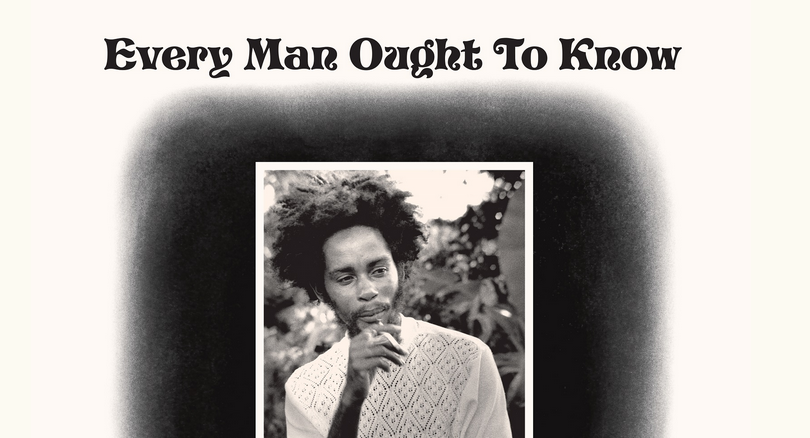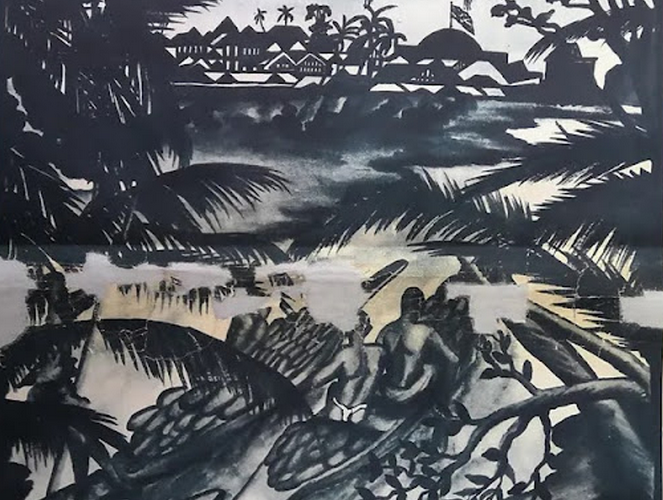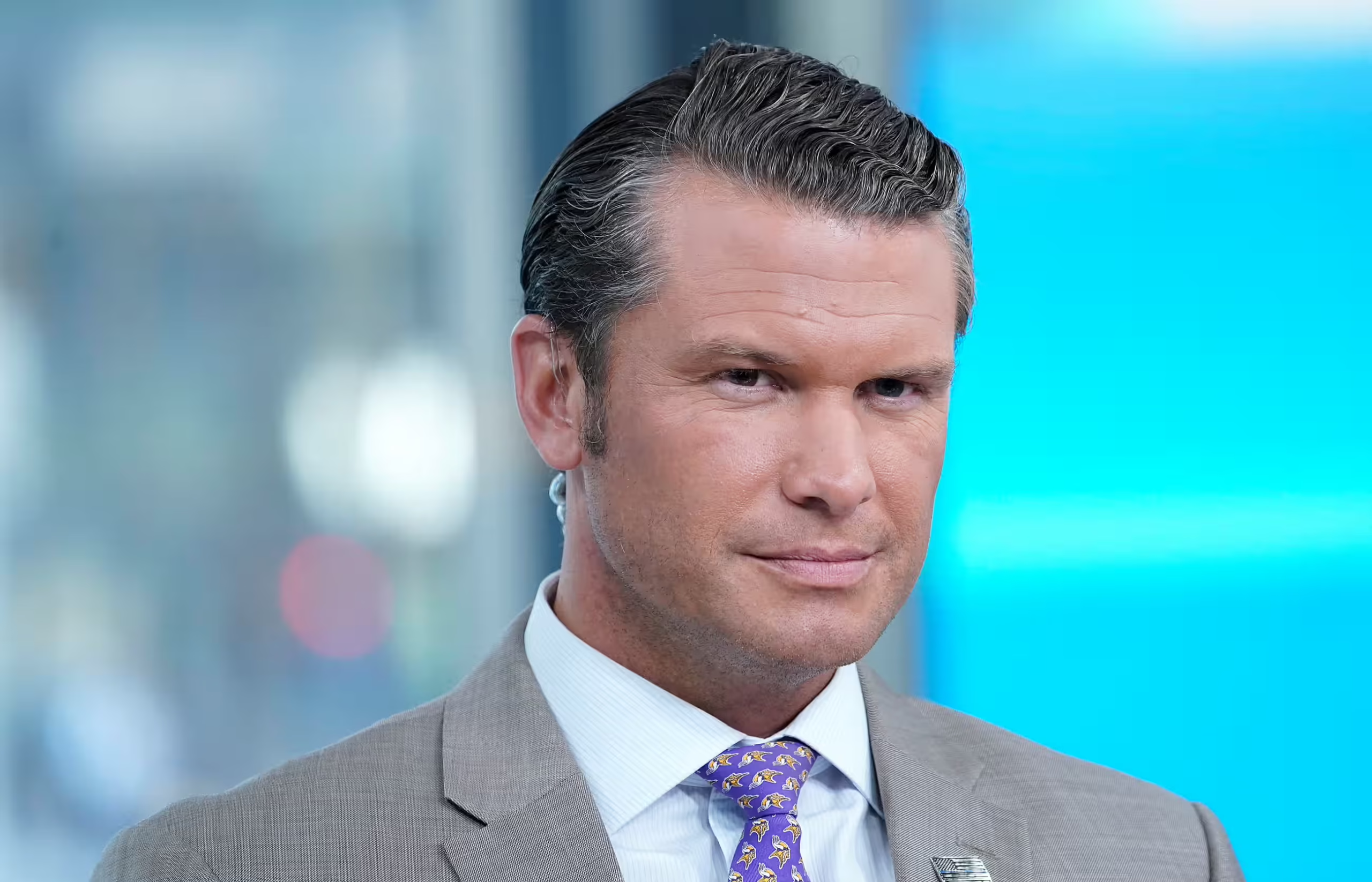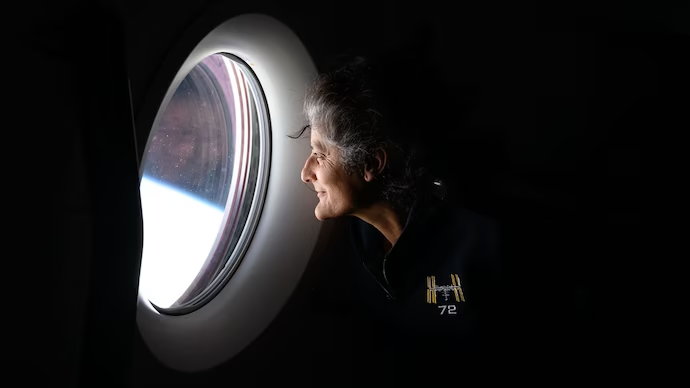Sinpharm vaccine. Photo: Wikimedia
Uganda’s Gen. Yoweri Museveni recently tweeted: “In the meantime, I am going to make some money from Daily Monitor. They lied that I had been vaccinated together with my wife. I am going to make them bankrupt unless they apologize and lie down. I’ve already filed a case in court”.
Of course we would’ve sympathized with him, if only for two realities:
One, the Daily Monitor story which Gen. Museveni alludes to was published on Feb. 23, based on a Feb. 18 article in a U.S. newspaper, The Wall Street Journal.
The Journal under the headline “Chinese Covid Vaccine Secretly Given to VIPs,” reported that “And in Uganda, members of President Yoweri Museveni’s inner circle were offered vaccines. In Uganda as in Peru, the vaccines were from China state-owned drugmaker Sinopharm.”
This begs the question: if The Daily Monitor was merely offering secondhand information, why doesn’t Gen. Museveni take it up with the primary source of the information? Why not sue The Wall Street Journal? My guess is that it would be tricky to take on the Journal, a leading publication in the country that funds and thus could collapse his regime; in other words, there’s a risk to “getting smart” with the hand that feeds him.
Moreover, this is not the first time Museveni has failed to take on The Wall Street Journal. After the International Court of Justice (ICJ) found Uganda liable for war crimes in the Congo, The Wall Street Journal reported that Museveni contacted then U.N. Secretary General Kofi Annan and asked him to block a separate investigation by the ICC, which could have resulted in the Ugandan ruler’s indictment for war crimes in the Congo.
The second reason why our sympathies can’t lie with Gen. Museveni dates back to something he said a few years ago while celebrating NRM Day in Masindi. NRM is the National Resistance Movement ruling party. “I am not an employee. I hear some people saying that I am their servant; I am not a servant of anybody. I am a freedom fighter; that is why I do what I do. I don’t do it because I am your servant; I am not your servant. I am just a freedom fighter; I am fighting for myself, for my belief; that’s how I come in. If anybody thinks you gave me a job, he is deceiving himself. I am just a freedom fighter whom you thought could help you also,” Museveni said.
It now makes perfect sense: in not being our servant—which actually is—he could have served himself and his inner circle with a Covid-19 vaccine, as reported in the Journal and then picked up by The Monitor.
Museveni’s righteous indignation, which usually comes when one is caught red-handed doing what they shouldn’t be doing, does little to ameliorate his dire position. Especially when the same man told a Kenyan journalist Jeff Koinange 10 years ago, “I’m working for myself, I’m not working for other people, I’m working for my grandchildren, for my children.”
What should worry us, however, is not Museveni’s shrinking patriotic credentials. We’ve always known that he’s for himself, after all.
Our main worry is how he is using the courts to cement his despotic designs. Courts have been used throughout history to provide official cover and legitimacy by dictatorships throughout history, including during the Nazi era in Germany and under Apartheid South Africa. As to the latter, the judiciary in South Africa was used as a Trojan horse for Apartheid. This was later revealed by the Truth and Reconciliation Commission (TRC), and it happened on two levels. One, the judiciary anywhere plays the role of interpreting laws made by the legislative branch of government. These laws, just or unjust, are applied by the courts.
The courts under Apartheid upheld unjust and discriminatory laws handed by a legislative branch with no legitimacy in its own right or in terms of the norms of international and natural law. To be clear, if the law itself is unjust then there can be no just application.
However the Apartheid judges applied these laws, much in the same way many of Museveni’s draconian edicts are treated as law by Uganda’s courts. Secondly, the Apartheid judiciary dragooned thousands of Black South Africans into their Apartheid courts. With no legal representation or money to find any, these Africans were branded “criminals,” thereby compounding racial polarization. Political leaders and freedom fighters like Winnie Mandela, Robert Sobukwe, Steve Biko, and many others could be “banned” and prevented from leaving their homes or regions. Their homes could be surrounded by security forces or they could be trailed. (Nelson Mandela was already serving his prison sentence).
In Uganda, the judiciary is chockfull with NRM cadres who even consider as “evidence” lies or admissions extracted under torture or duress. By not condemning the practices of Uganda’s gung-ho security forces, the judiciary is complicit in their nefarious methods. Such methods are used to “construct” cases against innocent people.
When NRM judges try such bogus cases, they implicitly sanction the terror meted out by Museveni’s oligarchy while lending its dictatorial laws a veneer of legal respectability. This amounts to a cover-up of police brutality and thereby justifies further misrule under Museveni.
If Museveni has started to use the Kangaroo courts to bleed citizens white in order to subjugate and make them “lie down”, then we are seeing a classic Apartheid method of financially bankrupting dissenting voices. When this method of suppressing dissent was used in South Africa, the successive Apartheid regimes all accused Nelson Mandela and his comrades of being funded by foreigners—specifically, communists.
Notice the similarity. In Uganda, Museveni accuses dissenters of being foreign-backed. Specifically, he says, by terrorists who wish to subvert the sovereignty of Uganda. Same Script, different Cast.
The outcome is likely to be the same too, with the NRM joining the Apartheid regime in the wastepaper basket of history.
The columnist can be reached via [email protected]






